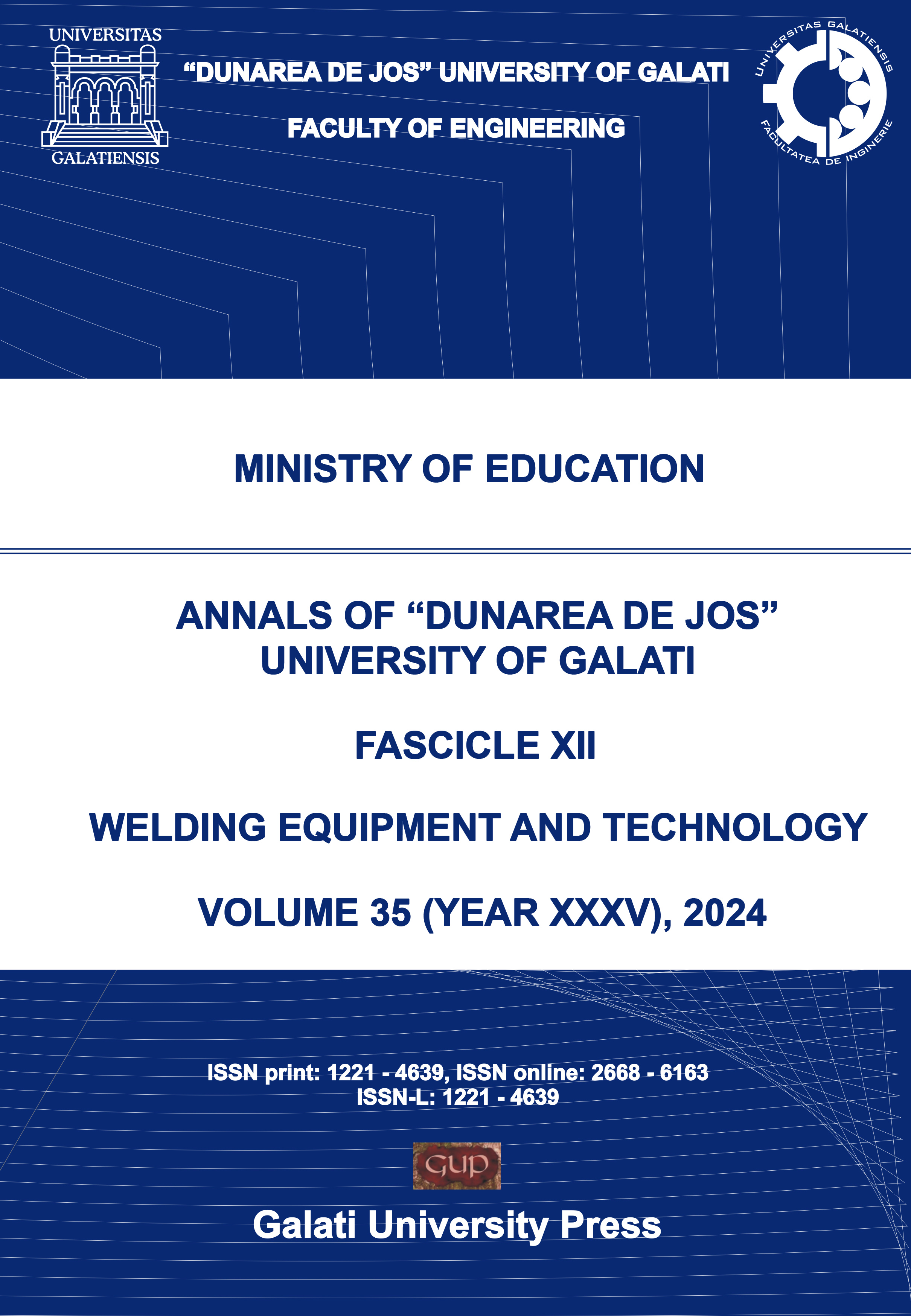Dimensional Evaluation of Additively Manufactured Parts for Autonomous Vehicles
Abstract
The growing use of drones in civilian and military applications is motivated mainly by reduced costs. Drones, along with autonomous vehicles, require lightweight structures and high dimensional accuracy to improve autonomy and spatial orientation. Additive Manufacturing (AM) enables the production of lightweight parts by controlling internal fill percentages and optimizing the density. However, there is limited research into how the type and percentage of infill affects dimensional tolerance. This study aims to assess the impact of these factors on 3D-printed parts, using low-cost FFF 3D printers with Polylactic Acid (PLA) and Acrylonitrile Butadiene Styrene (ABS) filaments. Overall, the results were satisfactory and met the required tolerances, confirming the feasibility of using parts produced by low-cost 3D printers and commonly available materials in the mass production of drones and autonomous vehicles.
Downloads
Papers accepted for publication become the copyrighted property of the Annals of "Dunarea de Jos" University of Galati, Fascicle XII, Welding Equipment and Technology. No part of the publication may be reproduced or transmitted in any form, or by any means, electronic or mechanical, including photocopy, recording, or any information storage and retrieval system, except in limited quantities for the non-commercial purposes of scientific or educational advancement, without permission in writing from the Editorial Board.


